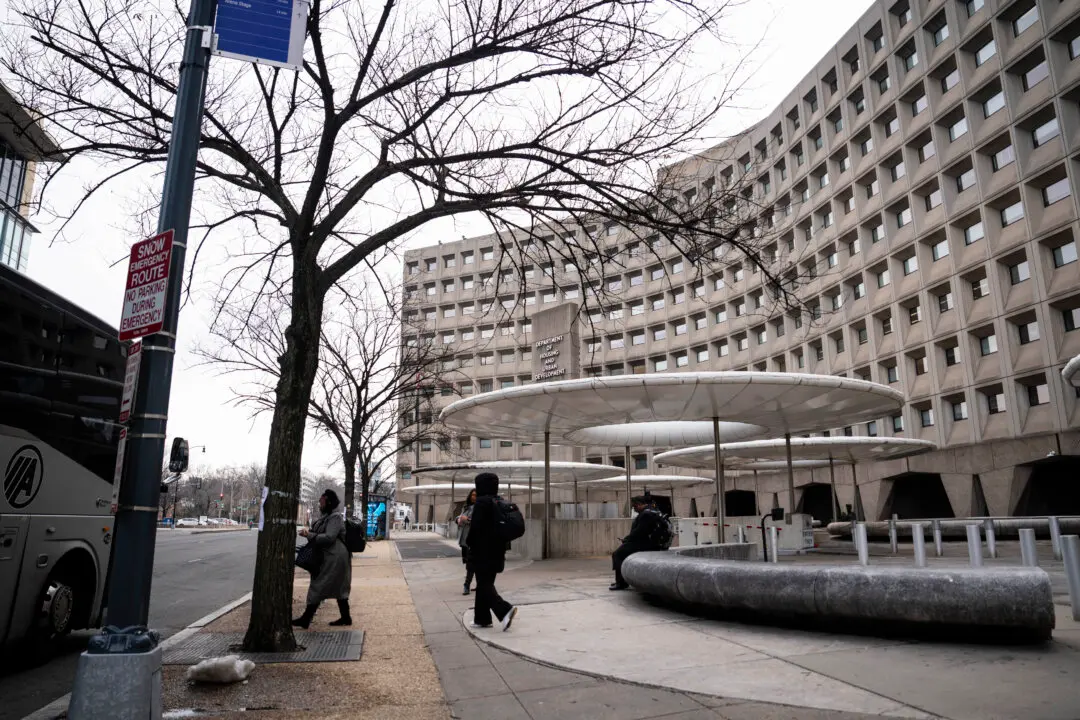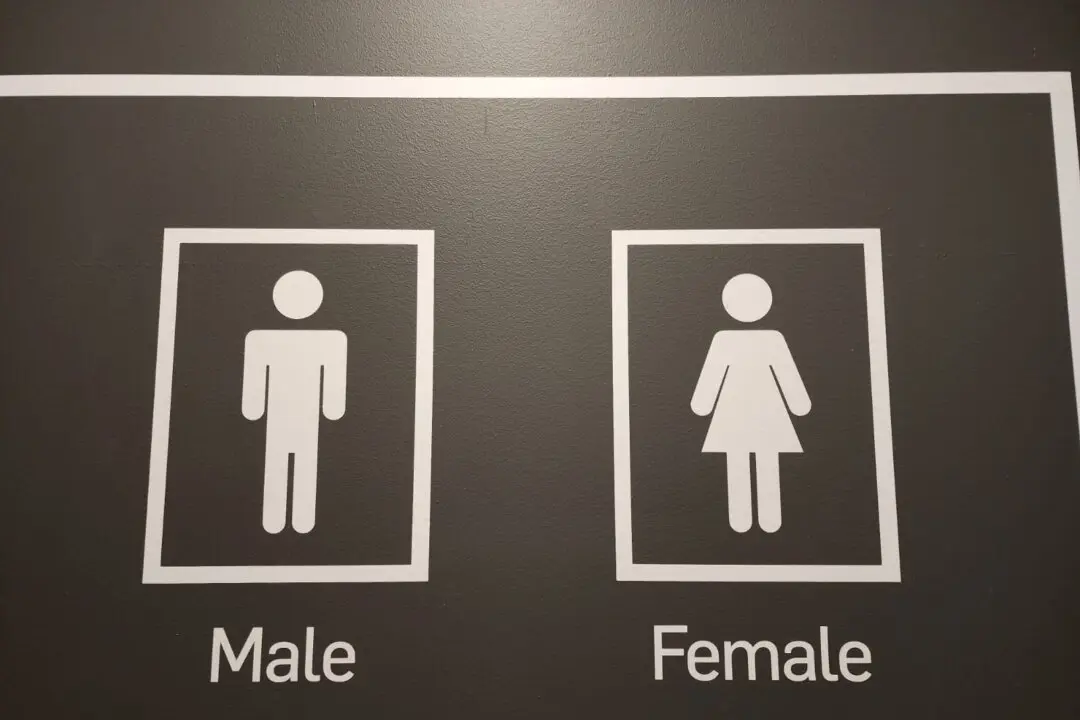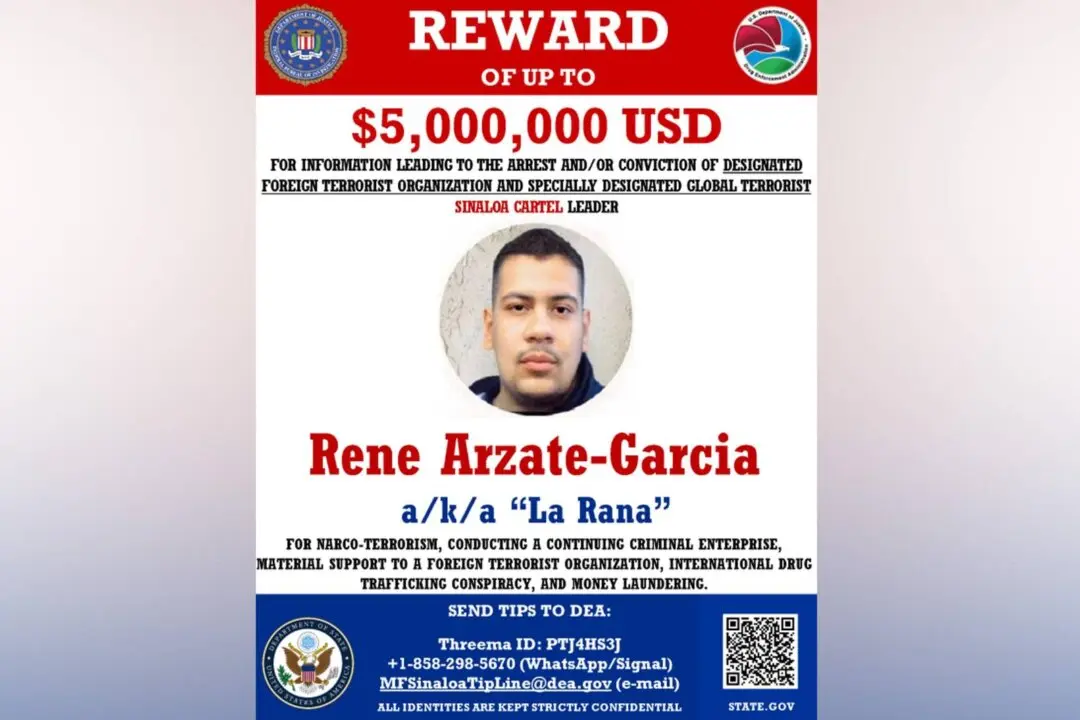Sen. Lindsey Graham (R-S.C.) warned in a recent hearing that President Trump will not be lenient on illegal immigrants, including beneficiaries of the DACA program, unless they offer a “unique benefit” to America.
The U.S. Senate Committee on the Judiciary held a hearing on Wednesday called “Dream Deferred: The Urgent Need to Protect Immigrant Youth” that emphasized the need for passing legal protections for noncitizens brought into the United States as children. “Dreamers” can secure work permits and avoid deportation under the Deferred Action for Childhood Arrivals (DACA) program. However, DACA does not offer green cards and there is presently no path to citizenship through the initiative.





